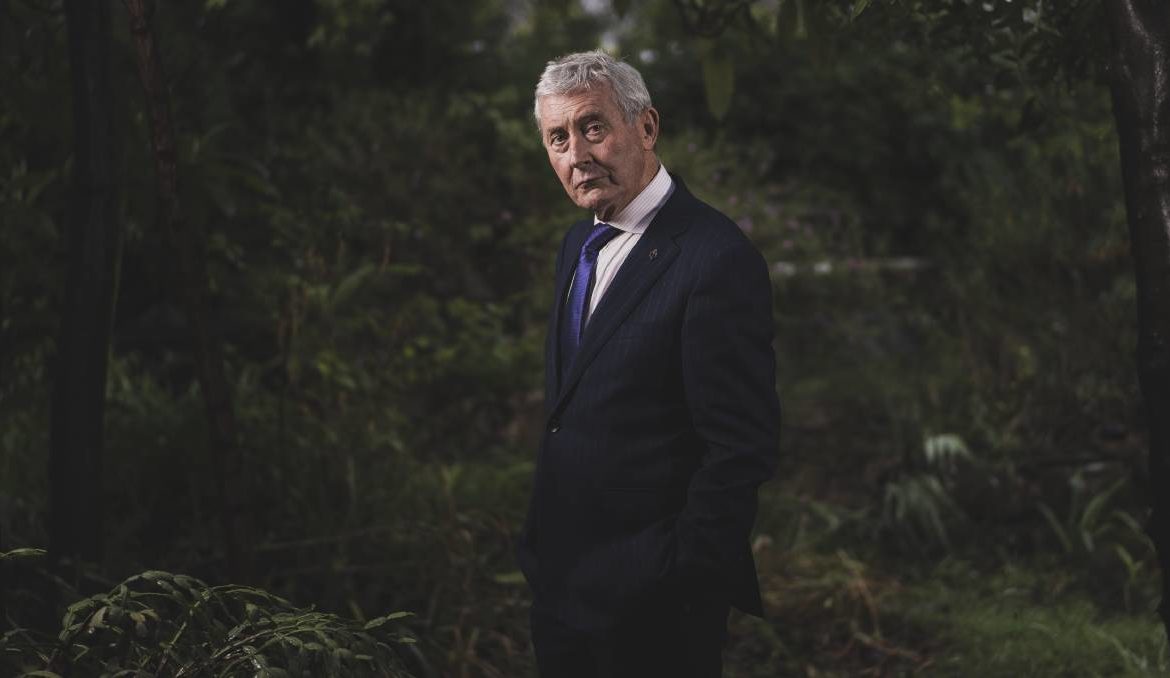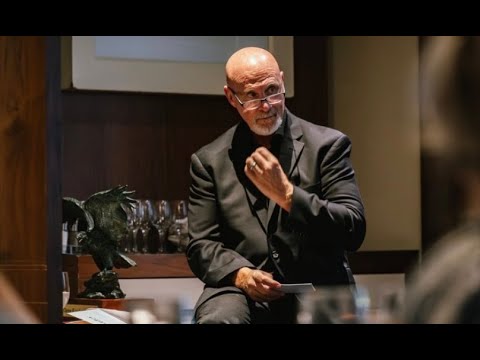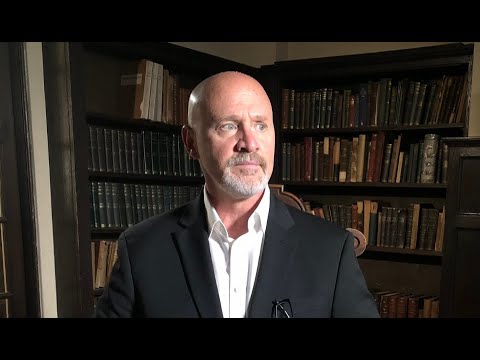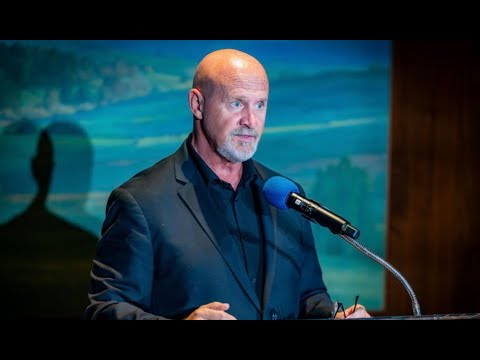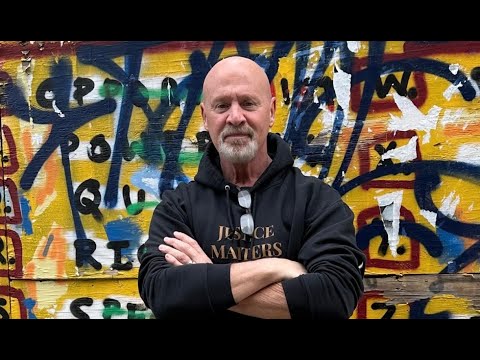news, crime,
Safes will be installed in some ACT judges’ chambers to protect “highly classified information” the federal government is desperately trying to keep secret in the Bernard Collaery case. The latest moves to shield certain material linked to the East Timor espionage scandal from public view were discussed in the ACT Court of Appeal on Wednesday morning. Mr Collaery, a well-known Canberra lawyer and former ACT attorney-general, is pleading not guilty to five charges alleging that he breached strict national security laws. He is set to stand trial accused of illegally communicating protected information and conspiring to do so with his former client Witness K, an ex-Australian Secret Intelligence Service officer. The allegations concern the exposure of a 2004 operation in which Australian spies bugged a government building in East Timor, an impoverished ally, to gain an advantage in negotiations over lucrative oil and gas resources. Taxpayers have already forked out millions of dollars towards the prosecutions of Mr Collaery and Witness K, whose cases have been the subject of intense international interest. When Mr Collaery’s matter returned to court on Wednesday, one of his barristers, Ken Archer, applied to vacate dates for an appeal that was scheduled to run for two days in February. Mr Collaery is appealing against a ruling made by Justice David Mossop last year to hold significant parts of his eventual ACT Supreme Court trial behind closed doors at the request of Commonwealth Attorney-General Christian Porter. While he is pushing ahead with the appeal, Mr Collaery wanted the hearing pushed back to allow time to bring a new member of his star-studded legal team up to speed on the case. Mr Archer told the court on Thursday that was Bret Walker SC, an appeals specialist widely considered Australia’s top lawyer, who has offered to work for Mr Collaery on a pro bono basis. The court heard Mr Collaery’s team had notified the Attorney-General on December 23 that Mr Walker would be coming on board, but the government had still not given him access to crucial documents covered by national security orders. “Mr Walker has a pre-eminence and a degree of familiarity with this area of the law,” Mr Archer said of the man who was Australia’s first independent national security legislation monitor. “His involvement should be welcomed by the Commonwealth, and we say it would provide great assistance to the court.” But Tim Begbie QC, appearing for Mr Porter, said his boss did not consider Mr Walker’s involvement “necessary”. He said Mr Collaery already had “substantial counsel”, listing barristers Mr Archer, David Jackson QC, Phillip Boulten SC and Christopher Ward SC. Mr Begbie also said it would be unfair to suggest the government had unnecessarily delayed approving Mr Walker being granted access to documents relevant to the case. “We’re talking about highly classified information,” he told the court in arguing against the appeal hearing being vacated. The Commonwealth Director of Public Prosecutions also opposed the application, with the office’s barrister Christopher Tran saying: “We don’t want any further delay.” Justice John Burns ultimately granted the application to vacate next month’s hearing dates, saying he would provide his reasons “in due course”. He had earlier said: “What really concerns me is the delay in approving Mr Walker as being a member of the defence. There seems to be no excuse or explanation.” Justice Burns said he and ACT Chief Justice Helen Murrell were due to sit on the appeal when it eventually proceeded, along with a third judge who would likely come across from the Federal Court. He said the resident judges “would each have a safe stored in our chambers to house the material”. Justice Burns also indicated that the judges’ associates would “undergo a briefing” in relation to the handling of classified documents. New dates for Mr Collaery’s appeal are yet to be set.
/images/transform/v1/crop/frm/fdcx/doc79kxmik3khc1m71mc33j.jpg/r12_511_5093_3382_w1200_h678_fmax.jpg
Safes will be installed in some ACT judges’ chambers to protect “highly classified information” the federal government is desperately trying to keep secret in the Bernard Collaery case.
The latest moves to shield certain material linked to the East Timor espionage scandal from public view were discussed in the ACT Court of Appeal on Wednesday morning.
Mr Collaery, a well-known Canberra lawyer and former ACT attorney-general, is pleading not guilty to five charges alleging that he breached strict national security laws.
He is set to stand trial accused of illegally communicating protected information and conspiring to do so with his former client Witness K, an ex-Australian Secret Intelligence Service officer.
The allegations concern the exposure of a 2004 operation in which Australian spies bugged a government building in East Timor, an impoverished ally, to gain an advantage in negotiations over lucrative oil and gas resources.
When Mr Collaery’s matter returned to court on Wednesday, one of his barristers, Ken Archer, applied to vacate dates for an appeal that was scheduled to run for two days in February.
While he is pushing ahead with the appeal, Mr Collaery wanted the hearing pushed back to allow time to bring a new member of his star-studded legal team up to speed on the case.
Justice John Burns, one of the judges set to have a safe installed in his chambers to store documents in the Bernard Collaery case. Picture: Karleen Minney.
Mr Archer told the court on Thursday that was Bret Walker SC, an appeals specialist widely considered Australia’s top lawyer, who has offered to work for Mr Collaery on a pro bono basis.
The court heard Mr Collaery’s team had notified the Attorney-General on December 23 that Mr Walker would be coming on board, but the government had still not given him access to crucial documents covered by national security orders.
“Mr Walker has a pre-eminence and a degree of familiarity with this area of the law,” Mr Archer said of the man who was Australia’s first independent national security legislation monitor.
“His involvement should be welcomed by the Commonwealth, and we say it would provide great assistance to the court.”
But Tim Begbie QC, appearing for Mr Porter, said his boss did not consider Mr Walker’s involvement “necessary”.
He said Mr Collaery already had “substantial counsel”, listing barristers Mr Archer, David Jackson QC, Phillip Boulten SC and Christopher Ward SC.
Mr Begbie also said it would be unfair to suggest the government had unnecessarily delayed approving Mr Walker being granted access to documents relevant to the case.
“We’re talking about highly classified information,” he told the court in arguing against the appeal hearing being vacated.
The Commonwealth Director of Public Prosecutions also opposed the application, with the office’s barrister Christopher Tran saying: “We don’t want any further delay.”
Justice John Burns ultimately granted the application to vacate next month’s hearing dates, saying he would provide his reasons “in due course”.
He had earlier said: “What really concerns me is the delay in approving Mr Walker as being a member of the defence. There seems to be no excuse or explanation.”
Justice Burns said he and ACT Chief Justice Helen Murrell were due to sit on the appeal when it eventually proceeded, along with a third judge who would likely come across from the Federal Court.
He said the resident judges “would each have a safe stored in our chambers to house the material”.
Justice Burns also indicated that the judges’ associates would “undergo a briefing” in relation to the handling of classified documents.
New dates for Mr Collaery’s appeal are yet to be set.

